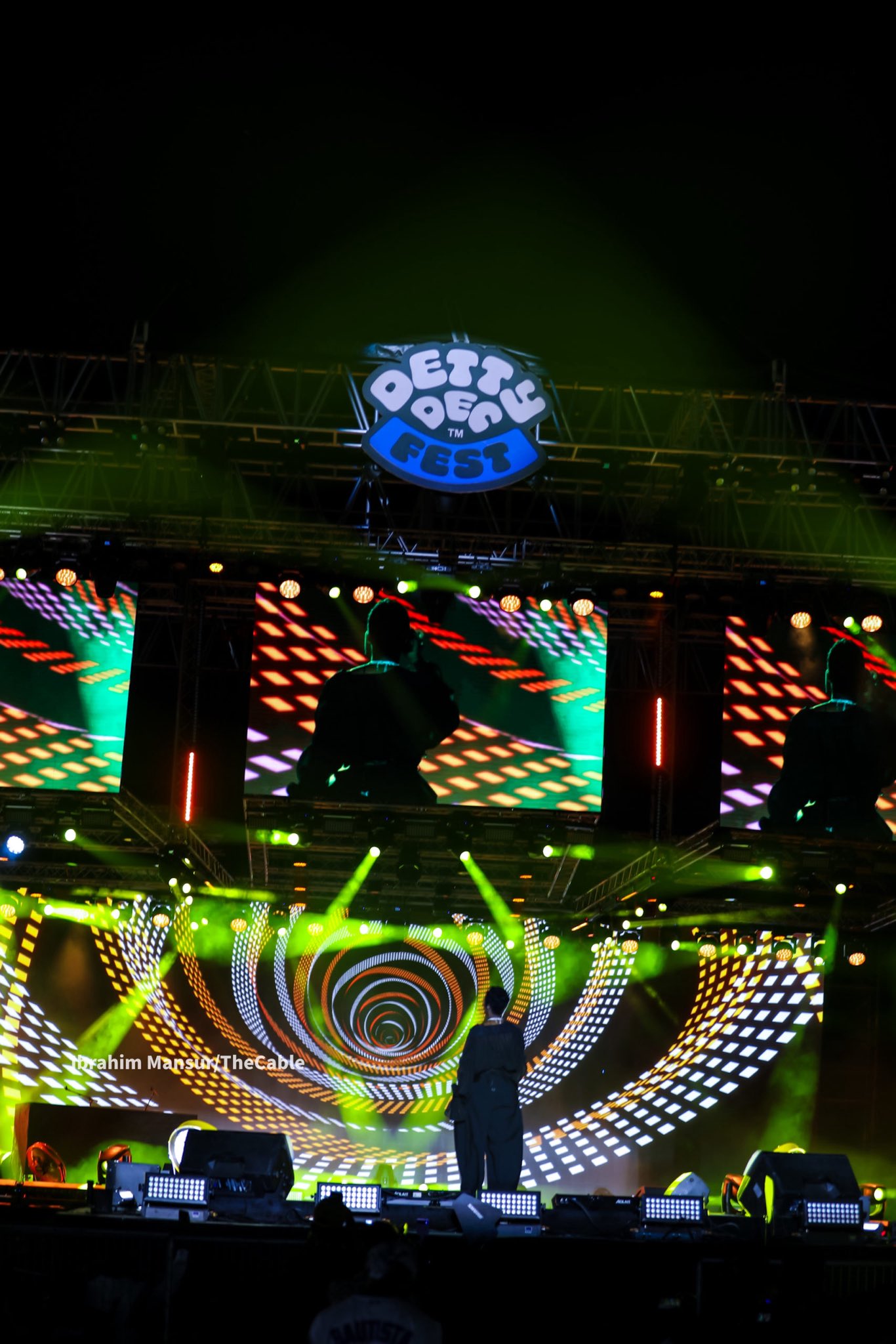The Aesthetic Criteria Of Morality: When The Tears Of The Oppressed Become The Sin Of The Nation

It has become horrifically clear that in the present Nigerian society, morality is not judged by logic. It is shaped by aesthetics, the emotional impressions, cultural appearances, and political narratives that determine who is seen as a villain and who is painted as a patriot. Nigeria’s recent judgement sentencing Mazi Nnamdi Kanu to life imprisonment, followed by his reported transfer to Sokoto, a region widely perceived as a traditional stronghold of the political forces he has long accused of enabling insecurity, throws this idea into sharp, painful focus.
The “aesthetic criteria for morality” means that actions are not weighed solely by the harm they cause, but by who performs them, and how society has been conditioned to interpret their identity. In Nigeria today, that aesthetic filter is dangerously playing. For years, rural communities, particularly across the Middle Belt and South-East, have cried out about attacks on farmers, rapes, kidnappings, and land invasions linked to armed herder insurgency.
These attacks have played a significant role in destroying farmlands, shrinking food output, escalating inflation, and plunging the nation deeper into hardship. It was this reality, this ugly aesthetic of national suffering, that radicalized voices like Nnamdi Kanu’s, turning him from an activist into a symbol of resistance for millions who felt unheard. Yet, in an extraordinary twist of moral perception, the Nigerian state’s response has followed a completely different aesthetic logic: those who speak against brutality are treated with more severity than those accused of committing it.
While communities live in fear of roaming bands responsible for massacres, arson, and displacement, a pattern of almost ceremonial indulgence surrounds individuals or groups linked to these atrocities. They are often described with euphemisms – bandits,” “provoked herdsmen,” “misguided youths”, “ and are rewarded with government negotiations, rehabilitative programmes, stipends, and sensitive federal appointments drawn disproportionately from the same geopolitical bloc. Even when arrested, they are frequently released, reintegrated, or simply vanish from public accountability.
This is where the aesthetic of morality truly reveals itself: A tribe or class that appears “favoured,” “born to rule,” or politically indispensable can commit unspeakable acts with minimal consequence. Meanwhile, a man who spoke, who shouted, who accused the system of sponsoring its own chaos, receives the harshest moral judgement available: life imprisonment. The paradox becomes even more troubling when we consider the symbolism of transferring Kanu to Sokoto, a region long associated, fairly or unfairly, with the ideological power of the same “caliphate forces” he accuses of fueling Nigeria’s insecurity. It reads less like a neutral administrative decision and more like an aesthetic performance of dominance, a message that says: we decide morality, and your resistance only strengthens our grip.
This is the dilemma of justice in Nigeria: facts are less important than feelings, identities, alliances, and the political beauty or ugliness assigned to the accused. If the state perceives you as aligned with power, your crimes are negotiable; if it perceives you as a threat, your words alone become a criminal weapon. The aesthetic criteria of morality is destroying the country. It creates two parallel moral universes: One in which violence is forgiven, funded, and rewarded; another’s in which dissent is punished more harshly than terrorism itself.
Nigeria is bleeding not because crime is unstoppable, but because crime has sponsors, protectors, and official bodyguards. And the state, instead of confronting those who tear the nation apart, has found comfort in crushing those who dare to question the bloodshed.
Nnamdi Kanu’s case is no longer about one man. It is a national indictment, a suggestion that black man cannot govern himself, a testimony that in Nigeria, truth is punished and brutality is protected, rewarded, and celebrated. The moral compass has not just been broken; it has been smashed, buried, and replaced with a tribal compass that points only in the direction of political convenience.
Please note this: When a nation treats speaking as a greater crime than killing, it has lost the moral right to call itself a democracy, but a “demonocracy”.
Ambassador Ezewele Cyril Abionanojie is the author of the book ‘The Enemy Called Corruption’ an award winner of Best Columnist of the year 2020, Giant in Security Support, Statesmanship Integrity & Productivity Award Among others. He is the President of Peace Ambassador Global.










